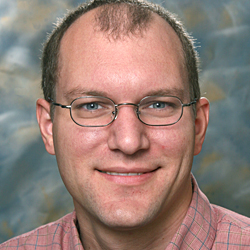
Congratulations to John R. Weirich, who in February 2011 successfully defended his Ph.D. dissertation on "Improvements to Ar-Ar Dating of Extra Terrestrial Materials." Tim Swindle was John's advisor. John will begin a post-doctoral position with Kip Hodges at Arizona State University's School of Earth and Space Exploration in August 2011.
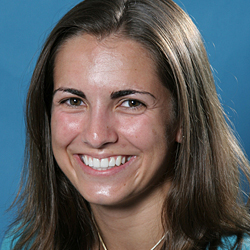
Congratulations to Sarah M. Hörst, who successfully defended her Ph.D. dissertation titled "Post-Cassini Investigations of Titan Atmospheric Chemistry," on April 28, 2011. Sarah's advisor was Roger Yelle. Sarah has accepted a position as a NSF post-doctoral fellow with Maggie Tolbert at the Cooperative Institute for Research in Environmental Sciences(CIRES) in Boulder.


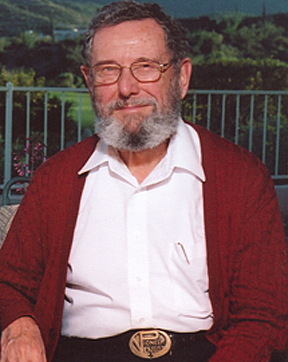 On December 14, 2010, University of Arizona Professor Emeritus Don Hunten died after a long illness. During his last days, he was tended by his wife and UA Senior Research Associate Ann Sprague.
On December 14, 2010, University of Arizona Professor Emeritus Don Hunten died after a long illness. During his last days, he was tended by his wife and UA Senior Research Associate Ann Sprague.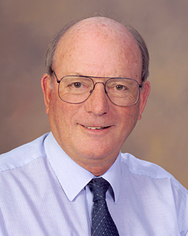
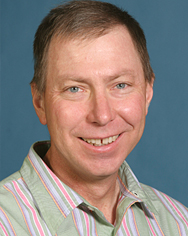
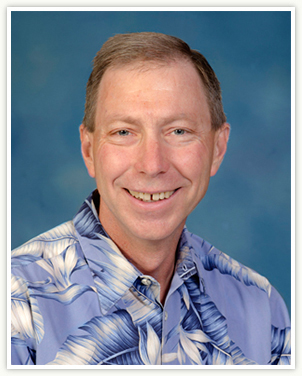
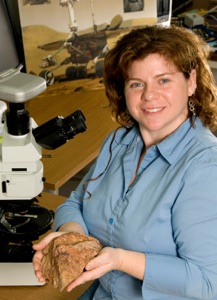 LPL alumna
LPL alumna